Articles
Topic
New first
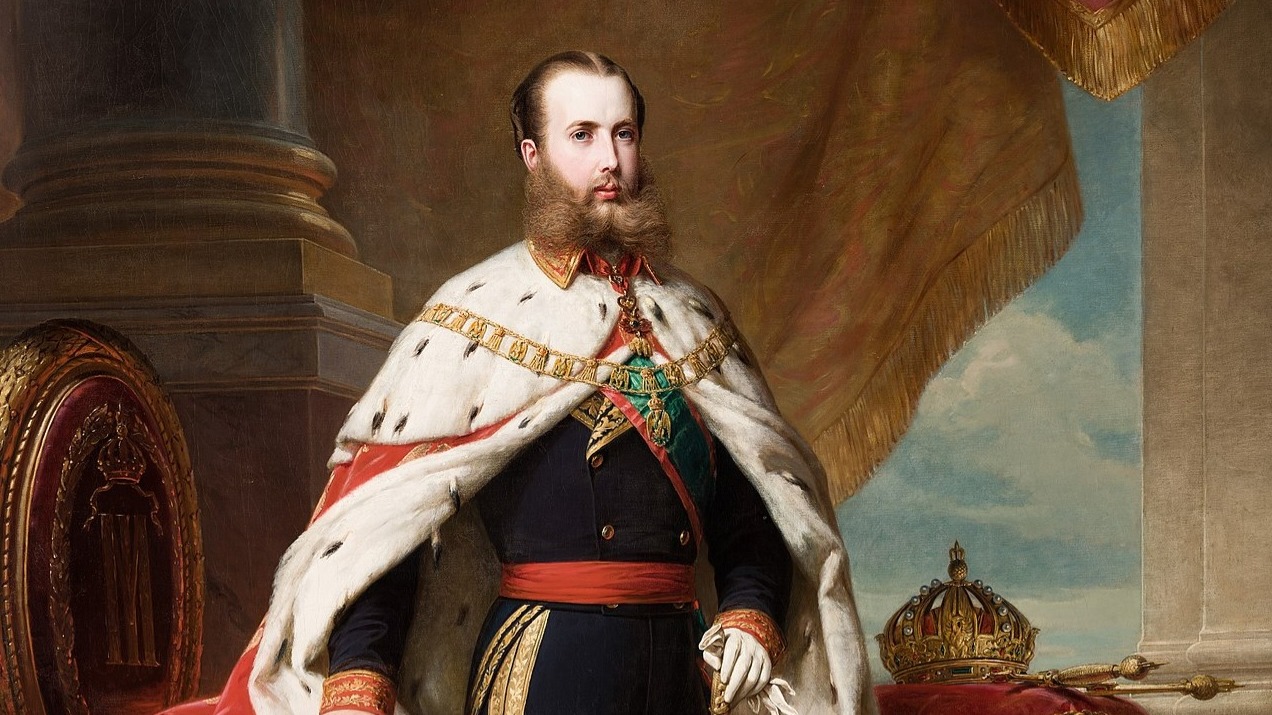
History
The Adventures of the Habsburgs in Mexico or the Rise and Fall of the Second Mexican Empire
In the 1860s, a curious political experiment was undertaken in Mexico: a representative of the Habsburg dynasty, with the support of France, took the throne of the restored Mexican Empire to reconcile the rival factions of conservatives and liberals. How this became possible and what it led to – read in the article by Arsentiy Troparovsky.
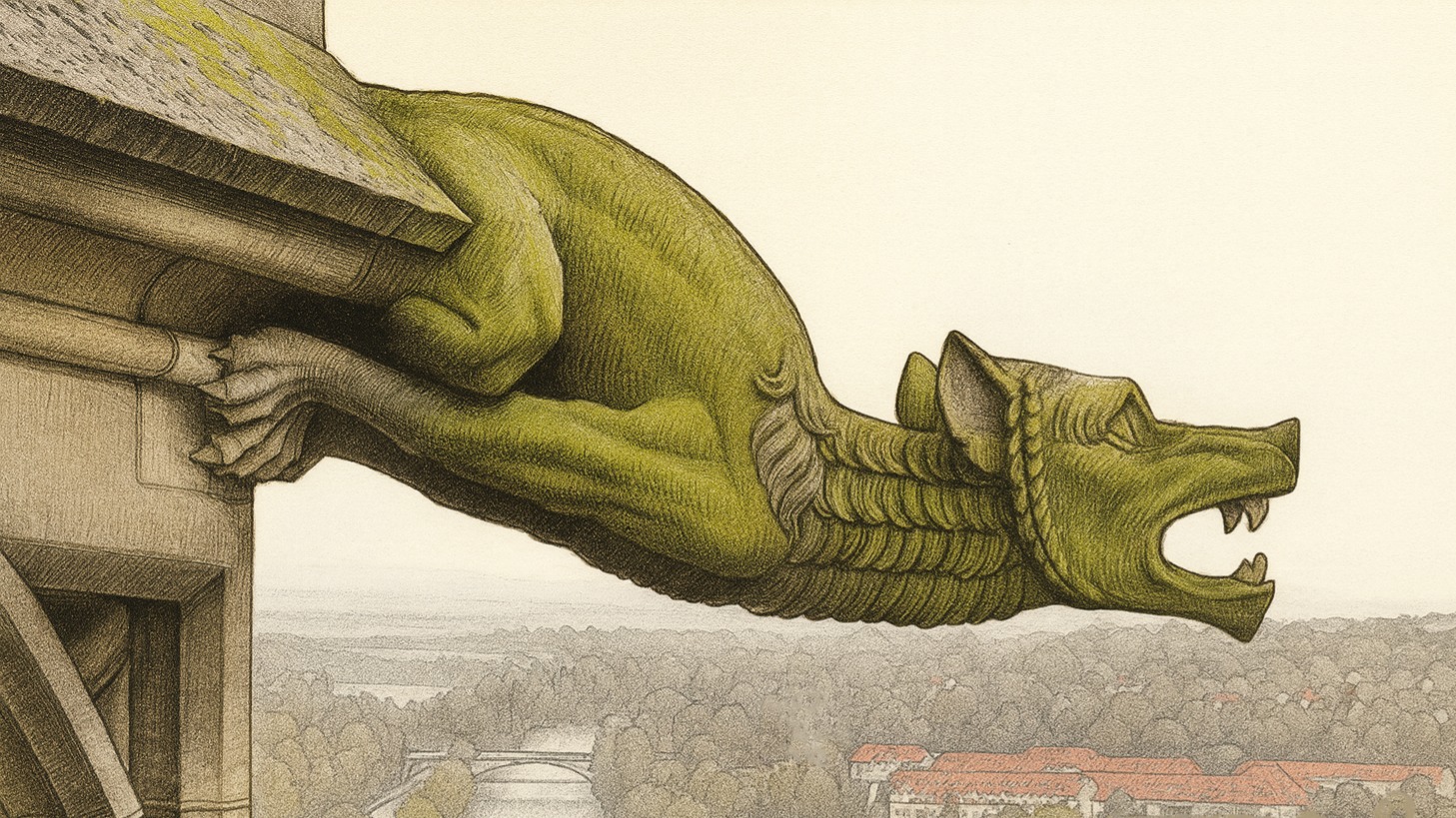
Architecture
Gothic and Ulm Minster
Using the example of Ulm Cathedral in southern Germany, Danil Golovin explains the features of the Gothic architectural style, which dominated Europe during the High and Late Middle Ages.
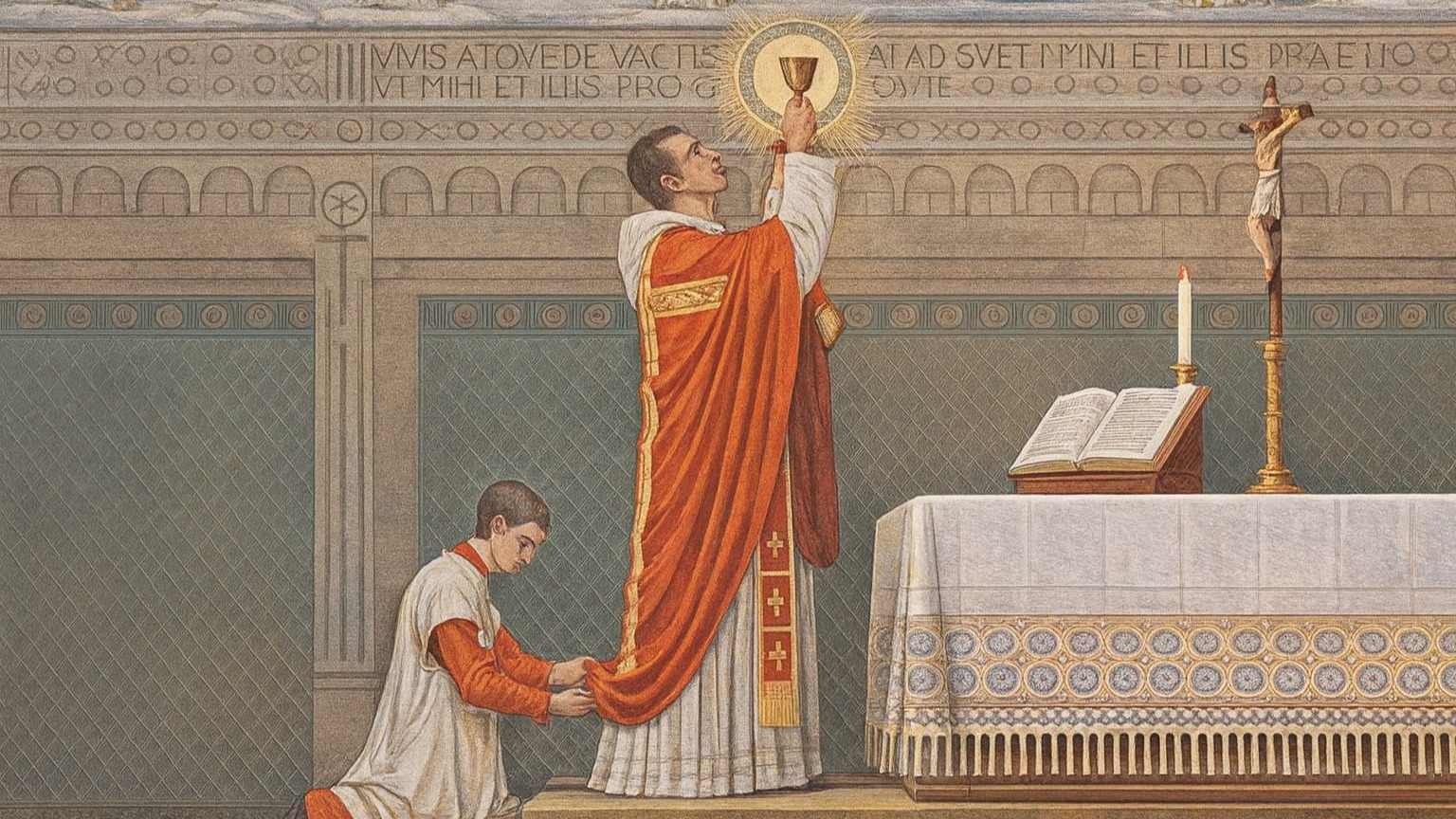
Philosophy
TLM versus NO
Since the 1960s, within the Catholic Church, there has been a confrontation between modernists, who support the renewed Mass, and traditionalists, who adhere to the old Tridentine Mass. With the ascension of the new pontiff Leo XIV to the papal throne, these disputes have only intensified.
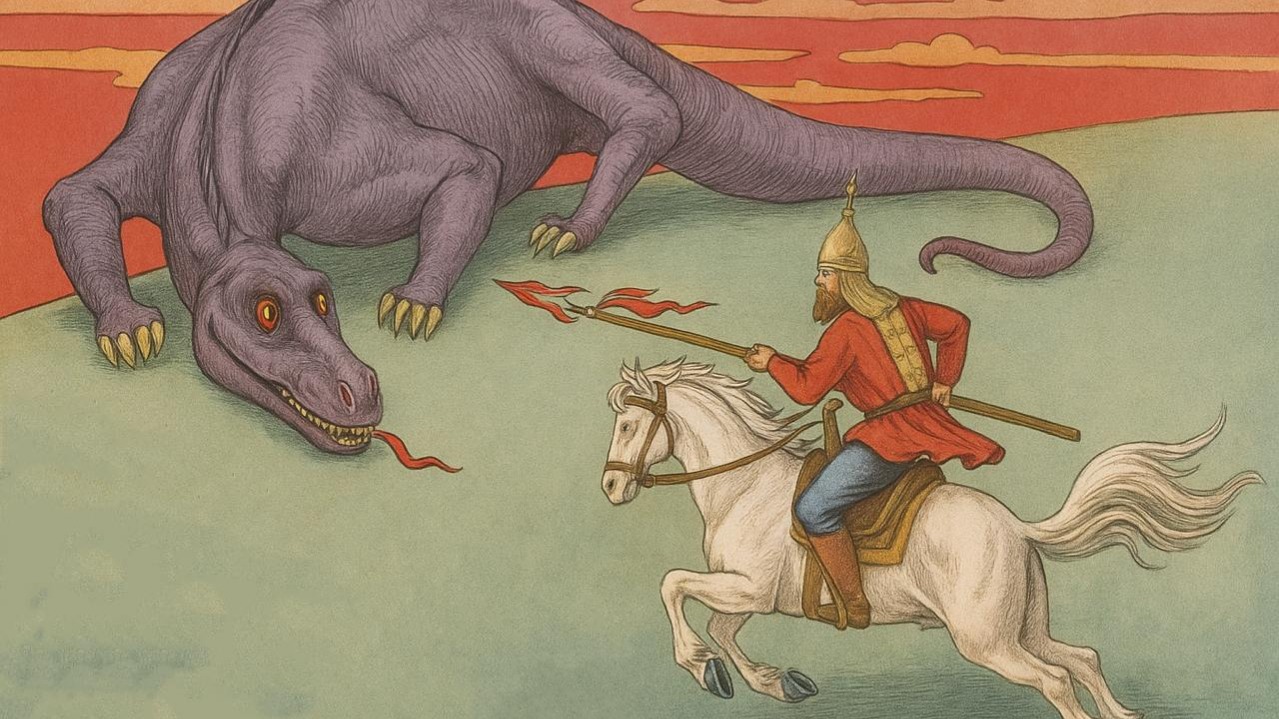
History
The Alphabet of Hatred: How the Political Language of the Revolution Influenced the Start of the Civil War
In 1917, the political vocabulary became an integral part of social conflict. It turned out that different groups interpreted the same terms differently: "democracy," "people," "bourgeoisie." How the language of the revolutionary era gradually turned into the alphabet of hatred for the upcoming civil war is discussed in the article by historian Konstantin Tarasov.
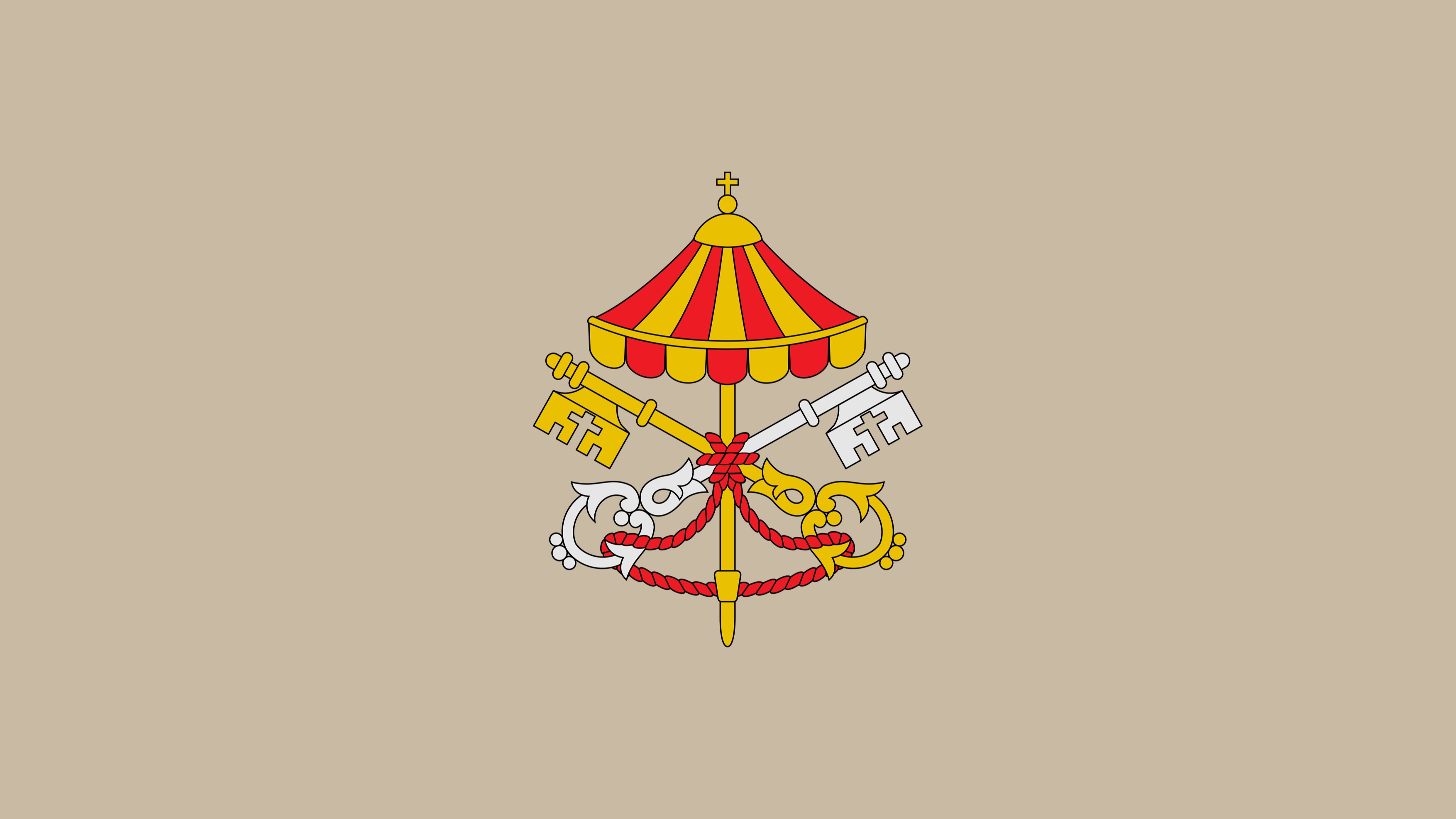
Philosophy
Sedevacantism
In the second half of the 20th century, the Catholic Church faced a serious crisis related to the confrontation between modernists and traditionalists. The most radical minority of the latter broke away from the Holy See, creating autonomous communities of sedevacantists—Catholics who do not recognize the current Popes and consider the papal throne temporarily vacant.
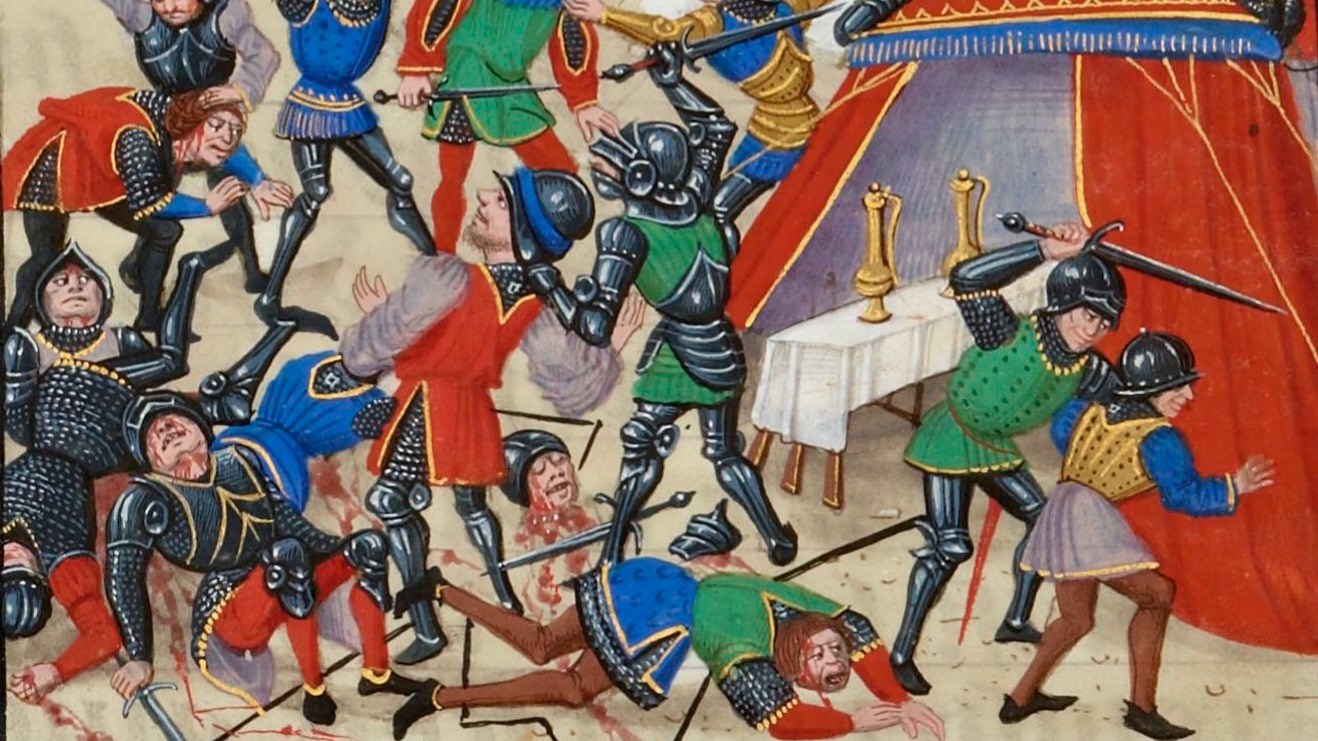
Political science
Civil War: The History of the Concept
In his article, historian Said Zalyaev traces the emergence and subsequent transformations of the meaning of the term "civil war" from Antiquity to the 21st century. At the same time, examples from England, France, the USA, and Russia are used to examine how "civil war" relates to "revolution."
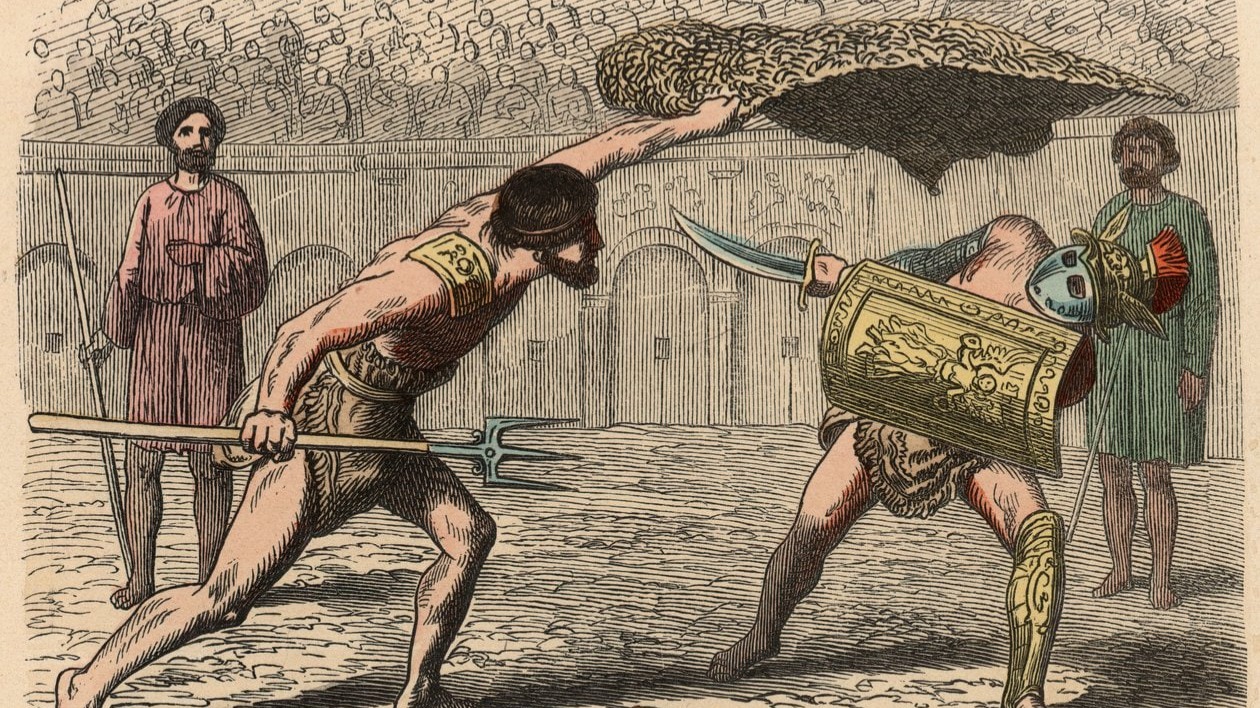
History
Gladiatorial Games and Roman Emperors
Gladiatorial games are one of the most famous attributes of ancient Roman civilization. In his material, historian Danil Golovin explains how the pagan emperors of Rome initially used gladiators to strengthen their own legitimacy, and how their Christian successors banned these bloody spectacles. After reading the article, we invite you to take a test and find out what kind of gladiator you would become!
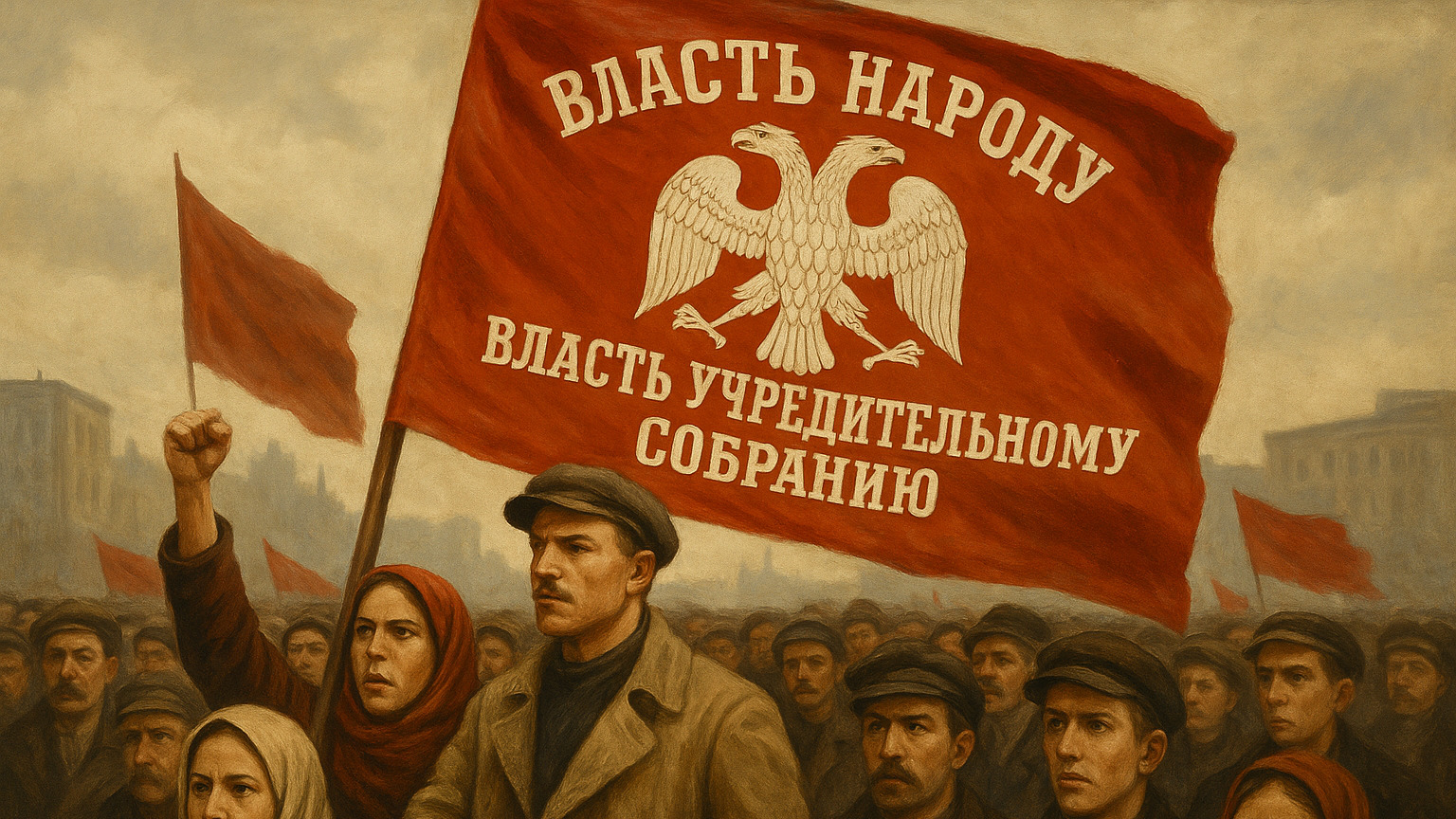
History
Under the Red Flag Against the Bolsheviks: The History of KOMUCH
In the public consciousness, the central conflict of the Russian Civil War is the confrontation between the "Reds" and the "Whites." However, in the summer of 1918, at the forefront of the anti-Bolshevik resistance in eastern Russia were the Socialists - the SRs, who formed the Komuch. Read about its history in the article by historian Said Zalyaev.
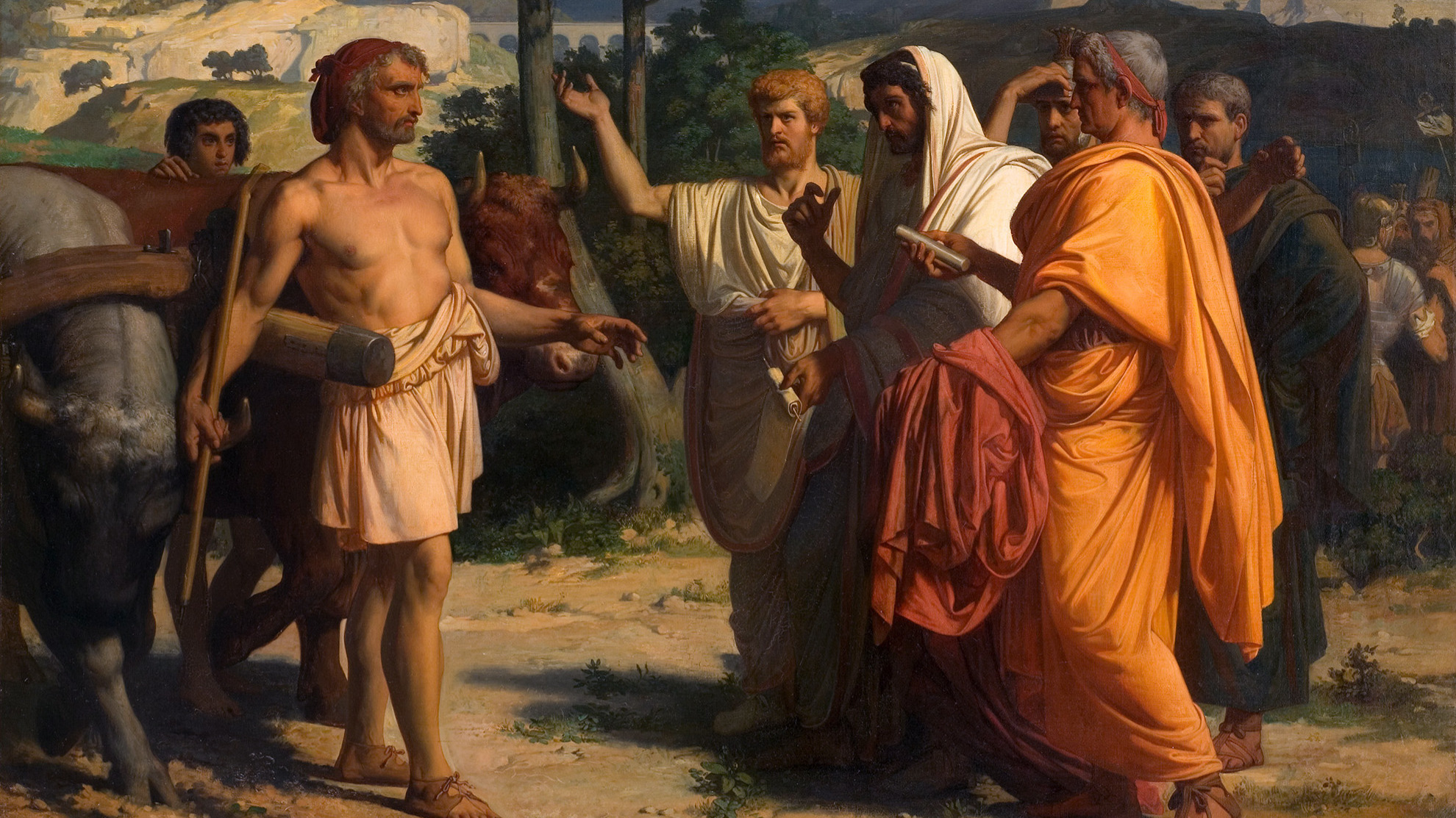
History
Dictatorship in Ancient Rome
The modern reader is likely to perceive the term "dictatorship" as synonymous with "despotism" and "tyranny," recalling the notorious regimes of the 20th century. However, for the Romans, this term was associated with entirely different things. To learn about how the Romans perceived dictatorship, how it worked, and how it changed over time, read the article by historian Nikita Tsybikov.
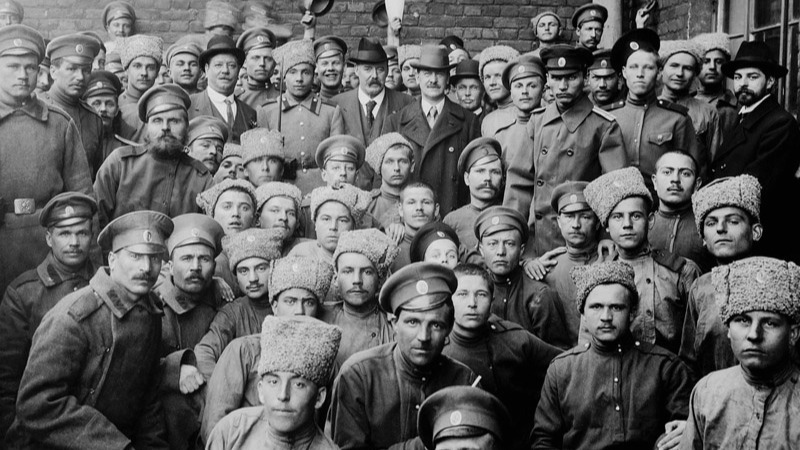
History
Volunteer and Revolutionary: An Attempt to Save the Russian Army in 1917
In 1917, the Russian army found itself in a deep crisis. In the context of the ongoing war, unconventional methods were required to revive the military spirit. Thus, the concept of a volunteer revolutionary army emerged, which was intended to inspire the mobilized troops and eventually replace them with volunteers. Read about the outcome of this experiment in the article by historian Konstantin Tarasov.
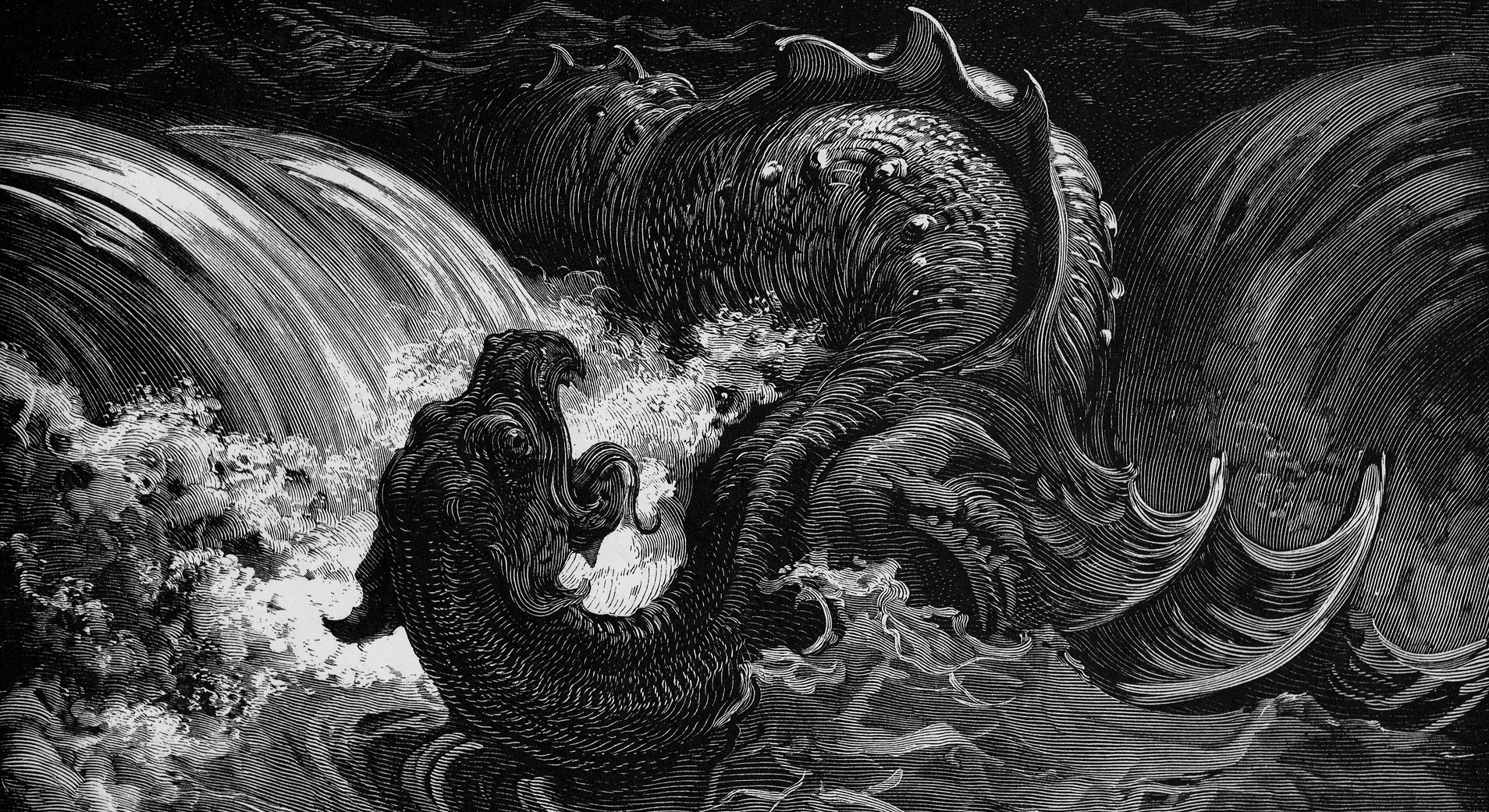
Political science
State: History of the Concept
In his article, historian Said Zalyaev examines how during the Modern Era in Western Europe, the meaning of the concept "state" transformed from a statement of the ruler's effectiveness to the definition of an abstract political entity with territory and population. Additionally, the author traces the history of the Russian-language concept of "state" and compares it with Western European counterparts.
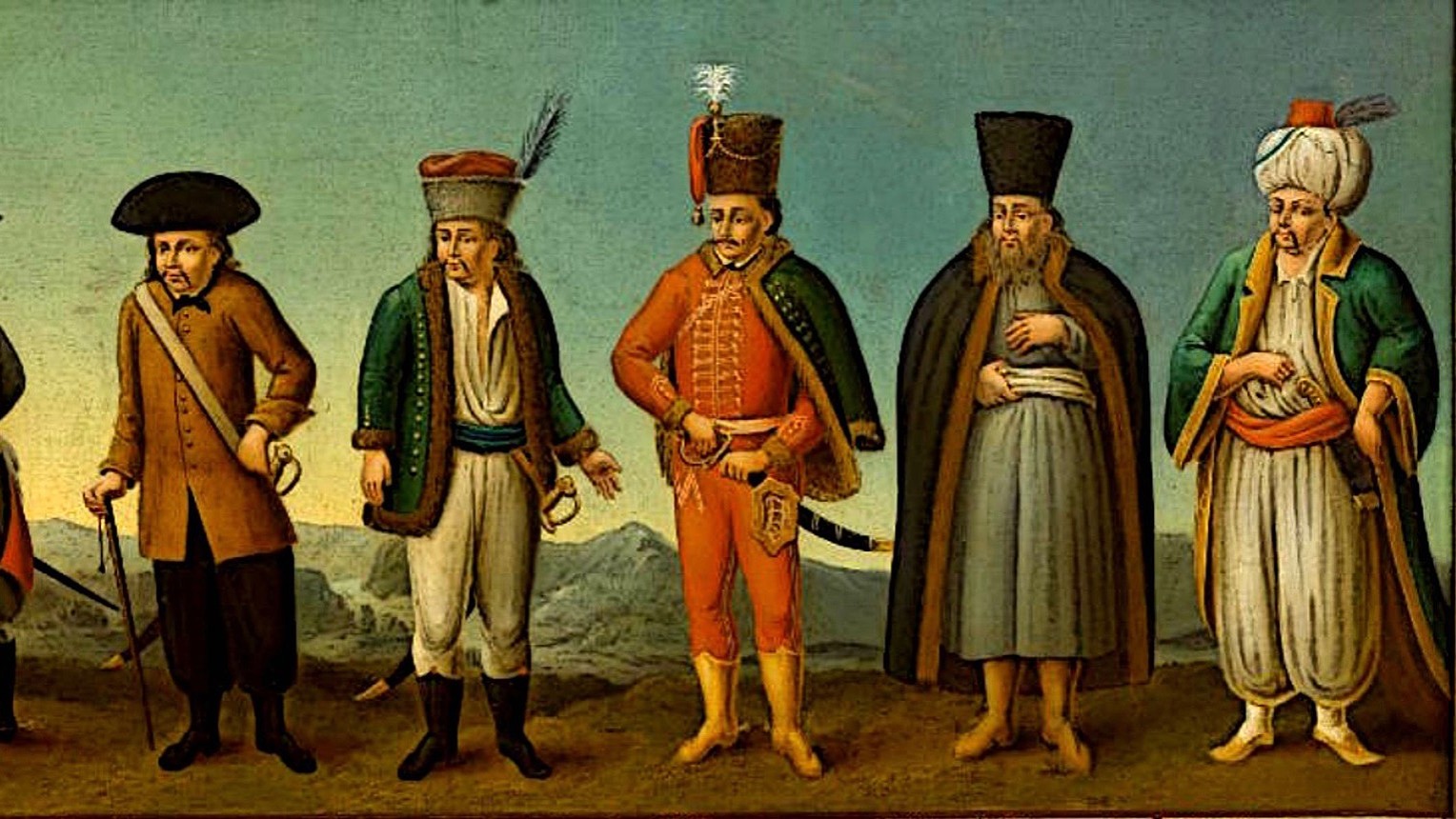
History
Imagology: A History of the Discipline
Imagology is a young academic discipline that studies how images of "other" ethnic and national communities are created, function, and are interpreted. Read about how imagology originated and the difference between Western and Russian approaches to this discipline in the article by historian Olga Berezina.